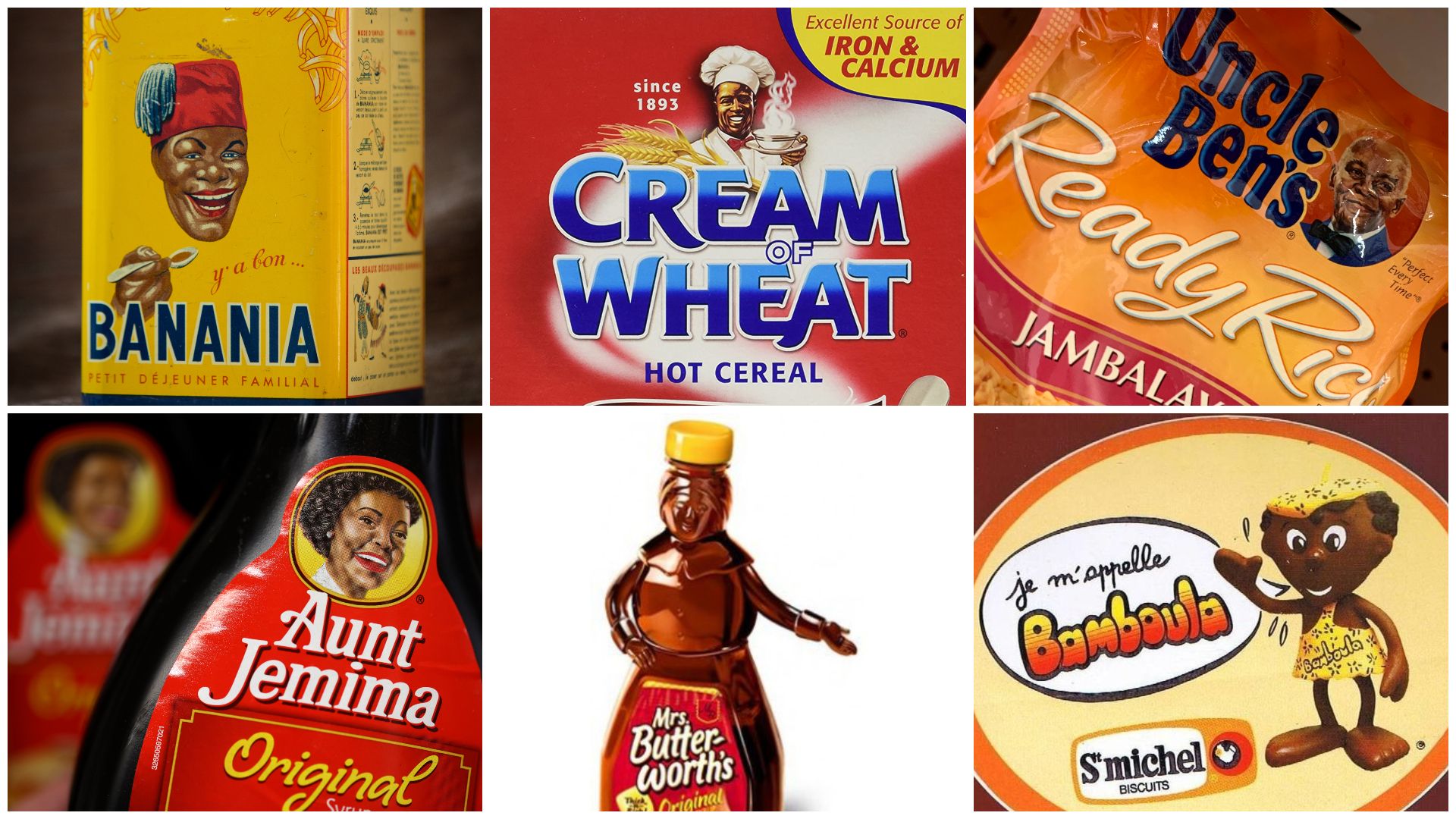

The Mammy, trademark of racist brandingĪs for Aunt Jemima, she is a "mammy", a stereotype of the southern plantations' slaves, an "African mamma" whose master promises her freedom when she dies. Although Uncle Ben's claims to have been inspired by a famous black Texan rice farmer, Uncle Ben, and the face of Franck Brown, a famous butler, one can question the legitimacy of such a name invented in 1943 and then based on a slavery legacy. Screen shot taken from Jim Crow Museum's presentation movieĪnd did you know that "aunt" or "uncle" (in Uncle Ben's), was a simplistic way of calling slaves without having to use the terms "madam" or "sir"? This explains why Aunt Jemima or Uncle Ben's are nowadays controversial in their brand name, which is racist. Nonetheless the first advertisements -which do not appear on their website- are quite clear in terms of brand positioning: White", buried without any inscription on his tombstone. The brand claims, however, that a real person is hiding behind Rastus' face -without knowing his identity though. The minstrel shows often told of the misfortunes of Rastus, a pejorative and racist name given to the effigy of Cream of Wheat, an instant cereal powder that also makes waves today.

Aunt Jemima was a hit in " minstrel shows," extremely popular racist shows to which Rutt attended, where white men with black painted faces (blackfaces) ridiculed black people. The instant pancake powder takes its name from the song "old Aunt Jemima" by black artist Billy Kersands, in 1875, originally sung by slaves. Unfortunately, its history is far from glorious. Brand names, pure as the driven snow?Ĭreated in 1889 by Chris Rutt and Charles Underwood, the Aunt Jemima logo is one of the oldest in the United States and one of the oldest trademarks in the world. Let's start by taking a big step backwards and explain why. Four brands in total in just a few days, something never seen before in the branding landscape. A few hours later, Uncle Ben's(Mars) confirmed that they wanted to change their name and brand image, followed by Mrs Butterworth's (Conagre) syrups and Cream of Wheat (B&G).


Quaker said the brand is "based on a racial stereotype" and that they want to "take a step towards racial equality". The Quaker Oats brand (PepsiCo), known for its oatmeal, recently announced that it will be redesigning the packaging and brand name of Aunt Jemima instant pancake mix (not sold in France) accused of racism. They actually have a very heavy past and carry racist stereotypes that shouldn't even exist anymore. We can read for example: "How can "uncle ben's" be considered "racist"? Frankly, it's getting out of hand" or "We should just stop the bullshit in this country and realize that coffee grounds will always remain black no matter what we say or do." And "To the critics: what about taking a deep breath and calming down, for in the end it's just a rice brand." Some logos are part of our everyday landscape and seem at first glance "normal" and anything but scandalous. When reading French comments on the articles announcing these changes, one realizes that these stereotypes are not frankly understood on this side of the ocean. It is in this hot context that four American brands - such as Aunt Jemima or Uncle Ben's - have recently decided to get rid of logos and names imbued with racial stereotypes. We witnessed the immediate birth of the #BLACKLIVESMATTER movement online, which led to numerous questionings of white privilege, and above all a call for awareness and action. The murder of George Floyd by a white police officer was the last straw for ordinary racism in the United States.


 0 kommentar(er)
0 kommentar(er)
